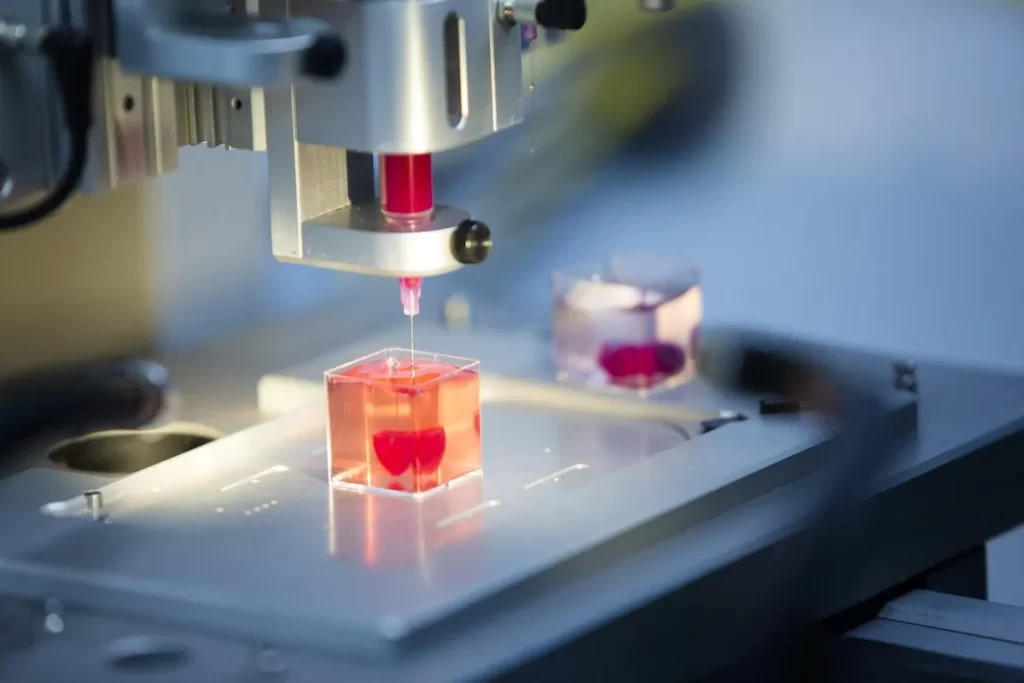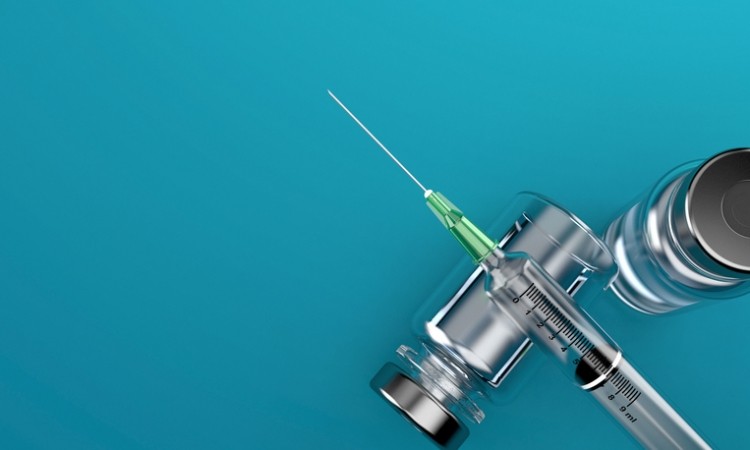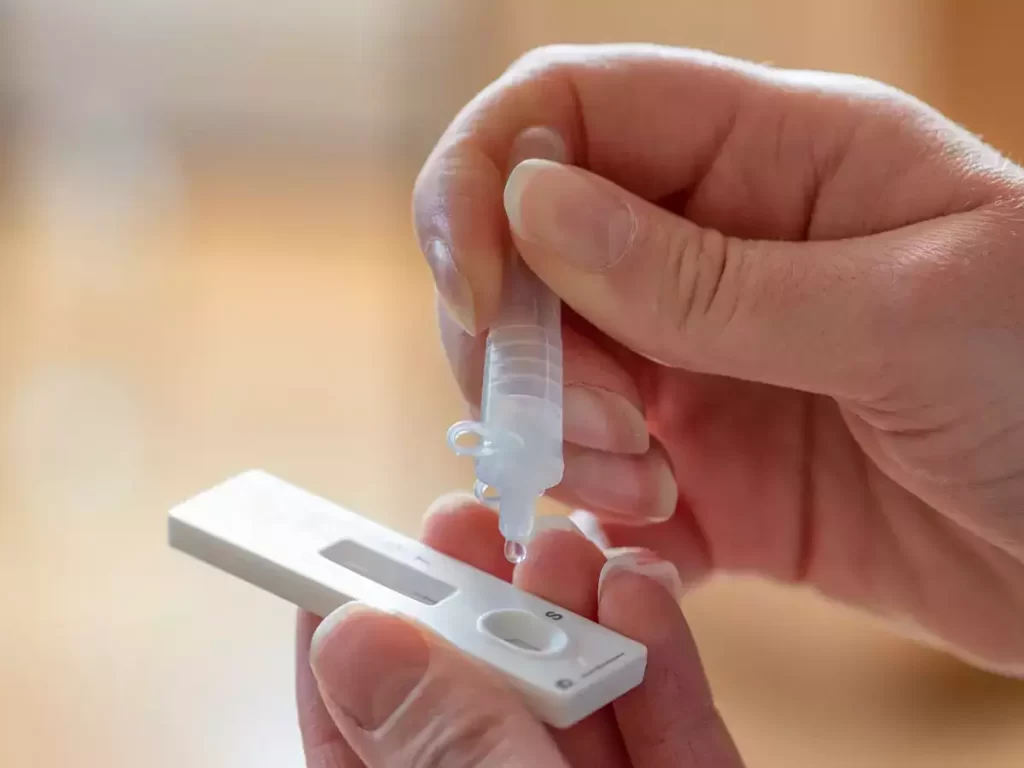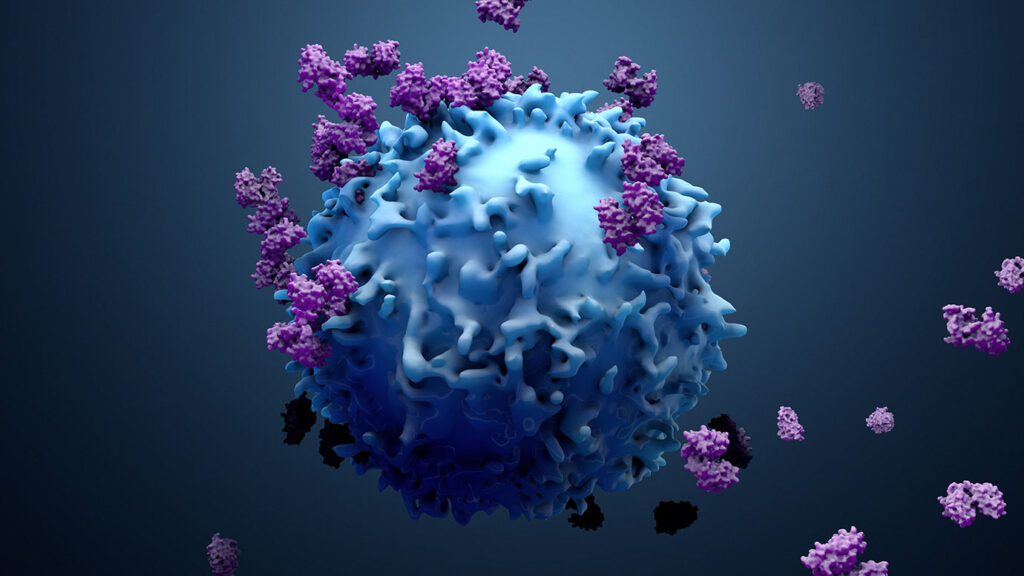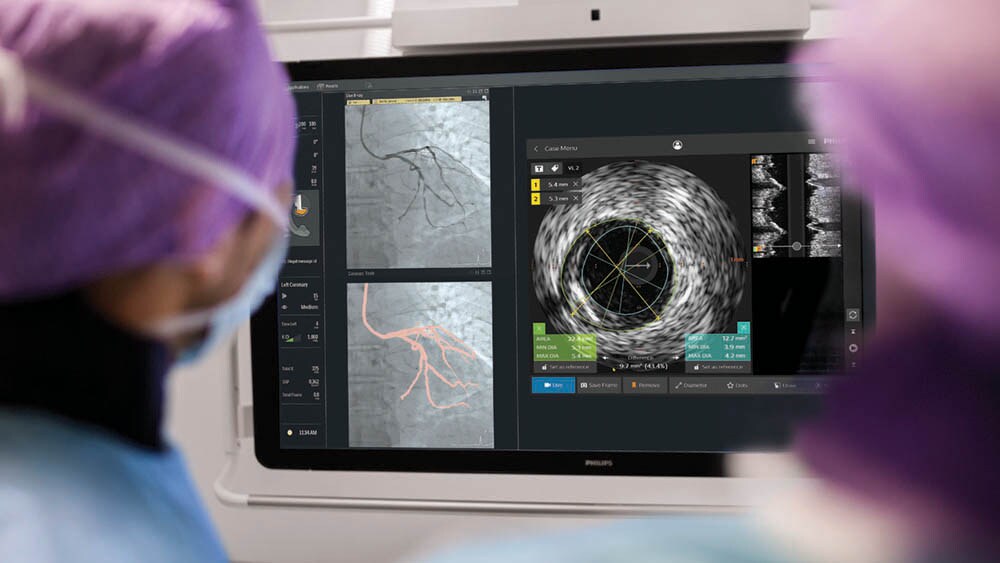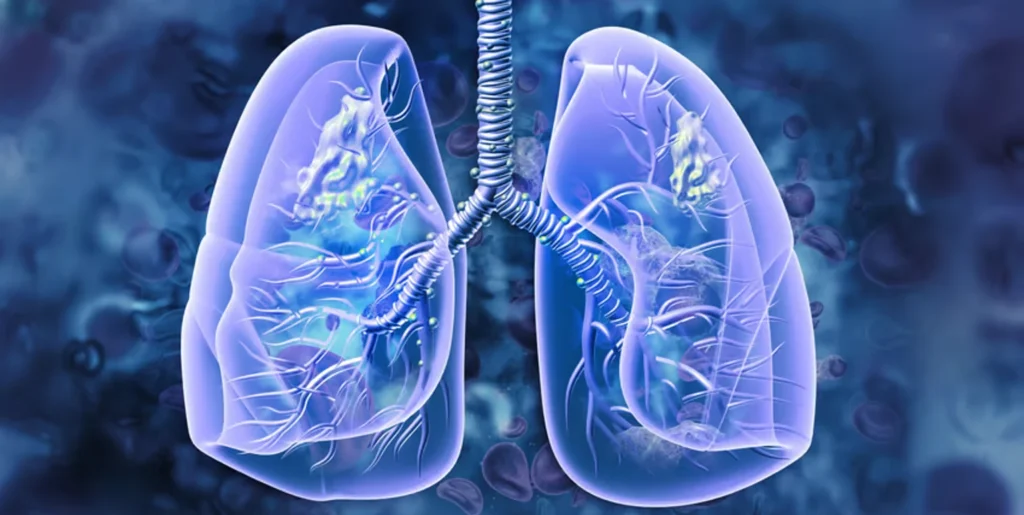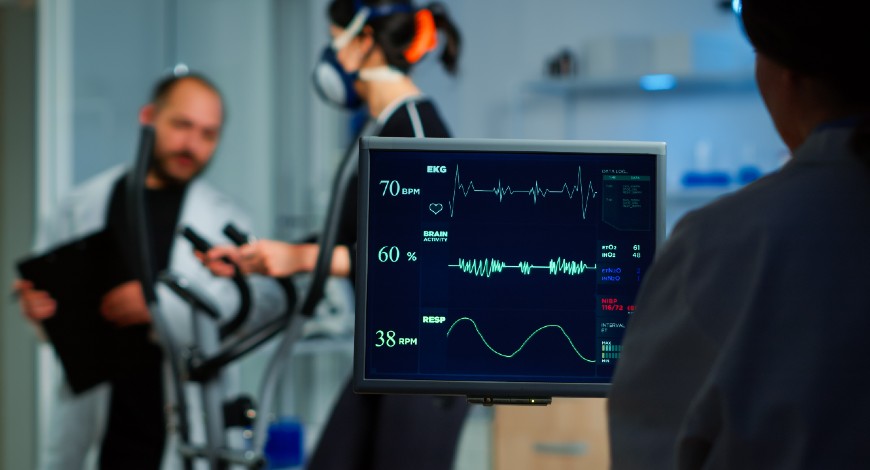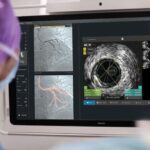Exploring the Impact of Nanomedicine on Health Enhancement
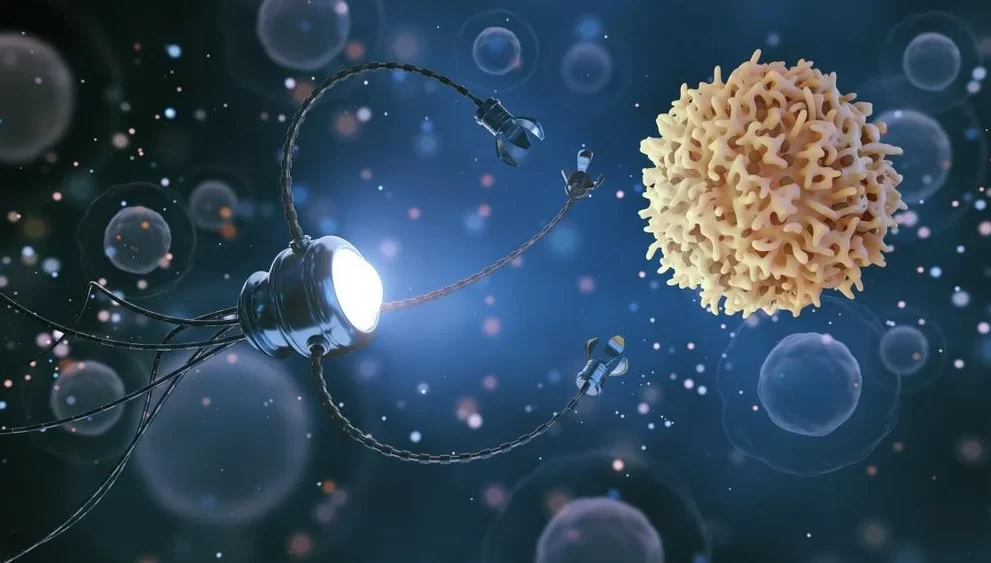
In the realm of healthcare, the integration of nanotechnology into medical practice has given rise to a revolutionary field known as nanomedicine. This interdisciplinary approach harnesses the unique properties of nanoscale materials to diagnose, treat, and prevent diseases with unprecedented precision and efficacy. From targeted drug delivery systems to advanced imaging techniques, nanomedicine offers a myriad of opportunities to enhance health outcomes and improve patient care. Let’s delve into the world of nanomedicine and explore its transformative potential in health enhancement.
Understanding Nanomedicine:
Nanomedicine involves the application of nanotechnology principles and techniques to address healthcare challenges at the molecular and cellular levels. At the heart of nanomedicine lies the manipulation of nanoscale materials, typically ranging from 1 to 100 nanometers in size, to design novel therapeutic agents, diagnostic tools, and biomedical devices. These nanostructures exhibit unique physical, chemical, and biological properties that can be tailored to specific medical applications, offering unparalleled opportunities for precision medicine and targeted interventions.
Targeted Drug Delivery Systems:
One of the most significant contributions of nanomedicine lies in the development of targeted drug delivery systems. Traditional drug delivery methods often suffer from limitations such as poor bioavailability, off-target effects, and rapid clearance from the body. Nanomedicine approaches address these challenges by encapsulating therapeutic agents within nanoscale carriers, such as liposomes, nanoparticles, or dendrimers, which can be engineered to target specific cells or tissues. This targeted delivery minimizes systemic side effects, enhances drug efficacy, and allows for lower doses, thereby improving patient outcomes and compliance.
Advanced Imaging and Diagnostics:
Nanomedicine has also revolutionized medical imaging and diagnostics through the development of nanoscale contrast agents and imaging probes. These nanostructures can be designed to interact selectively with biological targets of interest, such as tumors or diseased tissues, enabling highly sensitive and specific detection of pathological changes. Nanoparticle-based imaging modalities, such as magnetic resonance imaging (MRI), computed tomography (CT), and fluorescence imaging, offer enhanced resolution and contrast compared to conventional techniques, allowing clinicians to visualize and monitor diseases with unprecedented detail.
Regenerative Medicine and Tissue Engineering:
In the field of regenerative medicine and tissue engineering, nanomedicine holds promise for repairing and regenerating damaged tissues and organs. Nanomaterials can serve as scaffolds or matrices for supporting cell growth, differentiation, and tissue regeneration in vitro and in vivo. By mimicking the native extracellular matrix, these nanostructures provide a conducive environment for cell adhesion, proliferation, and function, facilitating the development of engineered tissues and organs for transplantation or regenerative therapies.
Challenges and Future Directions:
While nanomedicine offers immense potential for health enhancement, several challenges must be addressed to realize its full impact in clinical practice. These include concerns related to biocompatibility, safety, regulatory approval, and scalability of nanomaterials and devices. Additionally, ethical considerations regarding privacy, informed consent, and equitable access to nanomedicine-based therapies require careful consideration. Moving forward, interdisciplinary collaboration, investment in research and development, and robust regulatory frameworks will be essential to overcome these challenges and harness the transformative potential of nanomedicine in healthcare. Nanomedicine represents a paradigm shift in healthcare, offering innovative solutions to address complex medical challenges and enhance health outcomes. By leveraging the unique properties of nanoscale materials, nanomedicine enables precise diagnosis, targeted therapy, and regenerative interventions with unprecedented accuracy and efficacy. As researchers continue to push the boundaries of what is possible, the future of nanomedicine holds immense promise for revolutionizing healthcare and improving the lives of patients worldwide.







